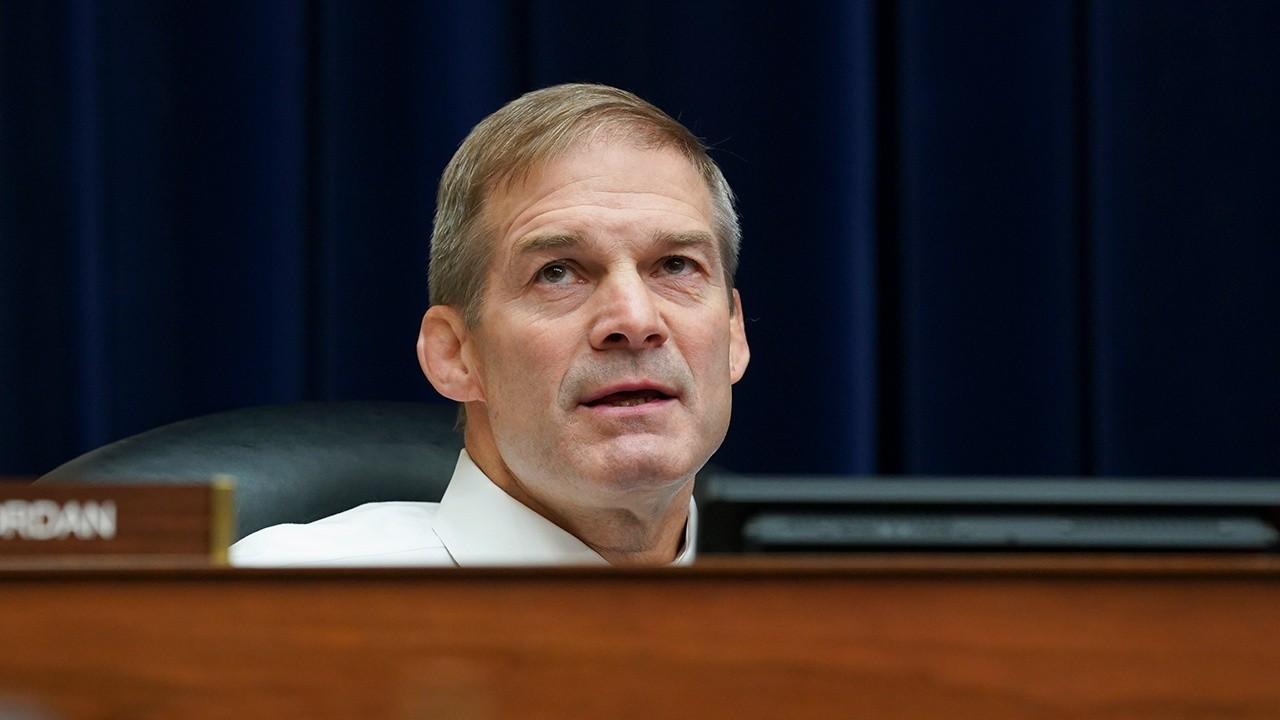2020 election may be messy but shouldn't be censored by Big Tech: Parler CEO Matze, COO Wernick, CPO Peikoff
Everyone has the right to hear all sides of an argument and decide what to see, read, think, and share for themselves
In case protests, riots, lockdowns and a recession didn’t already have partisan tensions at their boiling point, the steaming cauldron of rhetoric around the 2020 election just got about 100 degrees hotter.
The recent passing of Justice Ruth Bader Ginsberg, and the resulting vacancy on the Supreme Court, has Democrats and Republicans scrambling to win the public relations battle on how and when her seat should be filled.
Once again, Americans are wondering what information to trust. In this unusually messy time, some seek the short-term comfort that comes from rubber stamping the “best” information, or even silencing what they don’t like or agree with. But to rebuild trust in our institutions, we need the opposite.
HOUSE REPUBLICANS ACCUSE BIG TECH OF ‘CAPRICIOUS CENSORSHIP’ In just one example, claims of tradition and precedent mixed with charges of bad faith are flying fast and furious.
Senate Democrats are levying charges of hypocrisy at Majority Leader Mitch McConnell, who in 2016 blocked hearings on President Obama’s election-year appointment of Judge Merrick Garland. They point to past statements from the Kentucky senator suggesting that the people should vote before a nominee is confirmed. Republicans counter that the cagey McConnell was referring only to the circumstances in 2016, when the parties split control of the Senate and White House, and that the present alignment, in which they control both, makes for a completely different situation. There is a lot to unpack there, and these are just a few of the literally dozens of arguments being thrown around.
What are concerned voters seeking the facts supposed to think? There are no easy answers, but one thing is clear: We shouldn’t outsource our critical thinking to content moderators and curators, like Facebook and Twitter.
DEMOCRAT-LED HOUSE PANEL TO SEEK BREAKUP OF BIG TECH, GOP LAWMAKER SAYS Like just about everyone else, Big Tech publishers have agendas. They use questionable fact checking and algorithmic manipulation to show content that supports their preferred narratives.
At Parler, we call this an “information brownout.” Like a power company rationing electricity, tech oligarchs give plenty of juice to the content that supports what they want you to think, and they underpower competing viewpoints. Private or public censorship--even when convenient--has never been tolerated for long in America, and neither will technoauthoritarianism.
Everyone has the right to hear all sides of an argument and decide what to see, read, think, and share for themselves. Tensions are going to remain high in this election, and the decisions made by America’s communication platforms are sure to influence voters.
Our process, and our republic, demand that leaders be accountable for their actions at the ballot box. Voters will have the chance to make their opinions heard in six weeks, and either reward or punish politicians as they see fit.
GET FOX BUSINESS ON THE GO BY CLICKING HERE
The people deserve to make these decisions armed with all--not some or most--of the available information. Just as importantly, trust in and respect for election results requires transparency. Americans deserve this as they deal with the difficulties of voting in a pandemic and the realities of greatly expanded vote-by-mail programs.
If a technoauthoritarian brownout undermines the free exchange of information in November, that trust could be mislaid. Twitter and Facebook have already discussed plans, in the event of various contingencies, to impose de-facto censorship and allow only “approved” information sources to be seen and heard. Courts are already ruling that ballots will be accepted for days after November 3. The tabulation process will no doubt be messy, and both parties are readying their spin machines to challenge or attack the process.
The 2016 presidential results were essentially decided by fewer than 100,000 votes spread across three swing states. The implications of fraud, interference, or even error in 2020 could be huge. In this environment, any technoauthoritarian brownout will be a disaster, fueling suspicions and undermining confidence in the final outcome. Americans deserve better. What we need is uncensored, real-time election coverage. We need candidates, journalists, observers, and interested citizens sharing information and commentary.
We need hubs for exit polling, poll watching, ballot counting and recounting, legal challenges, breaking news and analysis from all perspectives.
Ideally, every platform will honor the right of all individuals to speak and hear freely. While this is business as usual at Parler, we are proud to do our part this year to ensure that no candidate, Republican, Democrat, or otherwise, will be able cheat, incite unrest, or steal an election unchallenged and in the darkness.
The people deserve to vote after making their own judgments, armed with all available information. And after their votes are cast, they deserve a transparent process that they can trust is legitimate.
Let’s all join together and see to it that this happens. Jeffrey Wernick is COO and Angel Investor in Parler. John Matze is CEO of Parler. Amy Peikoff is Chief Policy Officer for Parler.
GET FOX BUSINESS ON THE GO BY CLICKING HERE




















